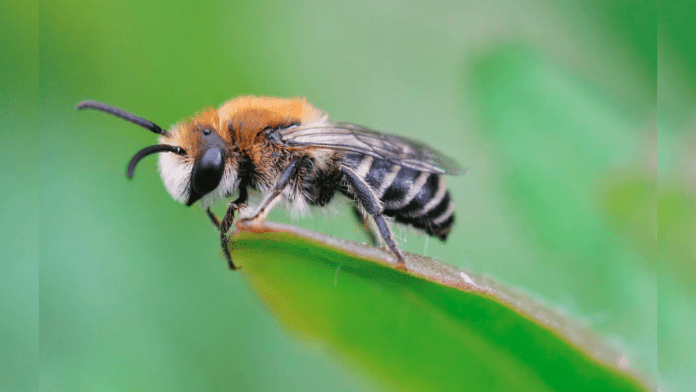News in brief: Bee-killing pesticides banned in the EU were found at unsafe levels in English rivers, according to a research. The use of these pesticides has raised concerns among conservationists, who emphasize the need for more protection of bees, vital for pollinating the world’s food crops.
New research, conducted by the Rivers Trust and Wildlife and Countryside Link (WCL), has found that bee-killing pesticides banned in the Europe Union (EU) at unsafe levels in English rivers.
One or more of five neonicotinoids, which are basically insecticides, were discovered in more than one in 10 English river sites tested by the Environment Agency.
Neonicotinoids were banned for outdoor use in the EU in 2018, however, the UK government granted emergency authorisations for their use until also banning it completely too.
With one-third of the food that people eat coming from plants pollinated by bees, conservationists are urging for more protection of these insects.
According to a report by The Guardian, the research showed that rivers in east England, south-east England, and the West Midlands were most affected by the pesticide. The Wildlife Trusts had strong words for the government, including saying that it was completely unacceptable to allow these chemicals to pollute the environment.
The Soil Association, a charity that promotes organic farming, added that the government must stop procrastinating the issues of banning questionable chemicals. They add that it should help farmers switch to nature-friendly practices.
This report is part of several recent reports calling out the United kingdom (UK) government on chemicals banned in the EU but still in use in its territories. It is one of the fallout of Brexit as it can now make its own rules seperate from the bloc of nations.
There is still anticpation surrounding the government’s decision on whether to approve the use of a toxic neonicotinoid called thiamethoxam on English sugar beet farms for a fourth consecutive year. Wildlife campaigners have urged it to reject the application.



